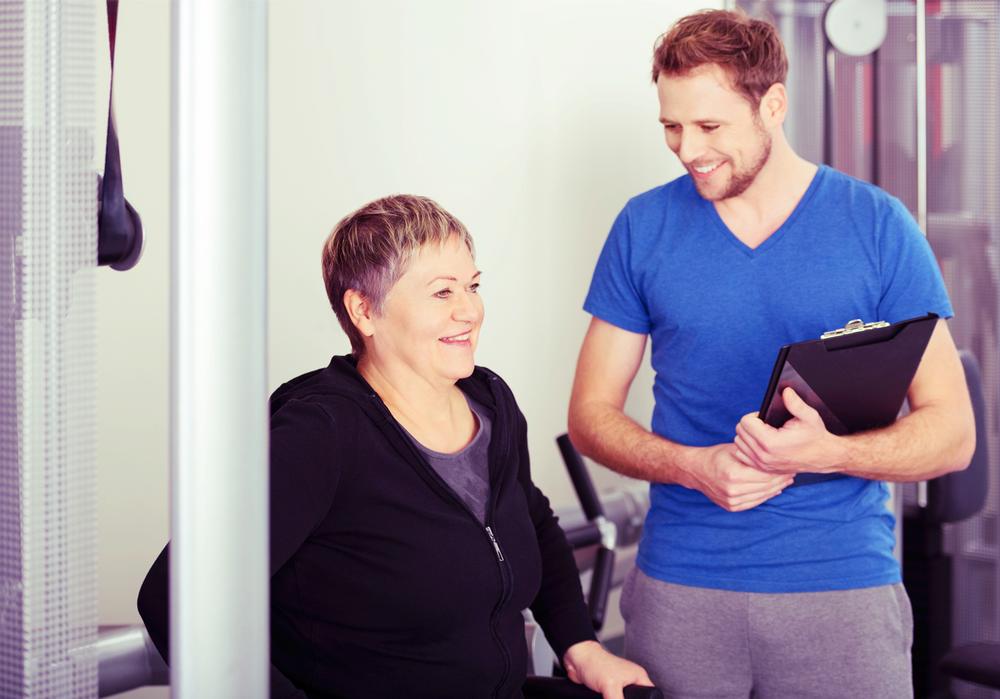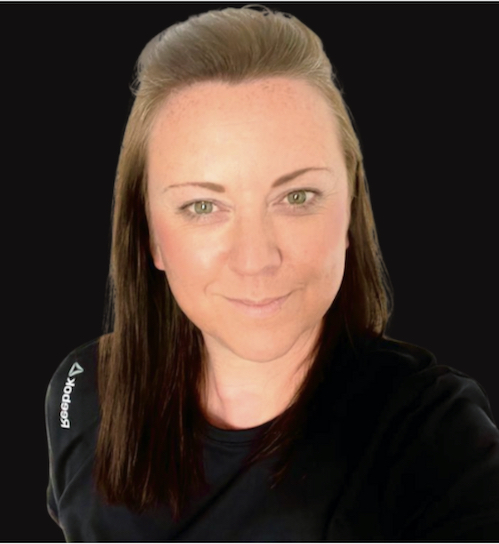The world of exercise referral can be a confusing place for fitness operators. The basic principle was established in the early 90s, and since then a raft of qualifications and competencies have been developed to ensure safe and effective programming for clients with a range of medical conditions.
But setting up an effective exercise referral scheme is a complex, detailed task. So what are the key points operators need to consider before embarking on such a scheme?
Establish a relationship
Stuart Stokes, commercial director at Refer-all – which specialises in software solutions for exercise referral – comments: “It’s crucial to maintain contact with key organisations all year round. Councillors are increasingly important in terms of influencing funding.
“From October until the beginning of January, local authorities will be thinking about their main budgets. If you’re contemplating setting up a scheme, you need to have your evidence in place so you can ‘battle’ for funding.
“There are two crucial documents: PH54, the public health guidance; and the Standard Evaluation Framework for Physical Activity Interventions, downloadable from www.nice.org.uk.”
Assess local provision
You also need to know what’s already in place. Existing local schemes can be identified via the public health team at the local authority. If there’s already an exercise referral scheme in the area, it’s important to ascertain the level of provision, as other facilities can often be added to enhance the local offering to patients. If no scheme is in place, it’s essential to review the Joint Strategic Needs Assessment (JSNA) for the local authority – a report that highlights the council’s priorities. Once you’ve researched this, contact the public health team to discuss your proposed scheme.
“Where NHS funding is involved, the service has to be free at the point of service,” says Stokes. “Also, make it clear that there’s a commitment to sharing information and data with them, as this is crucial for evaluation and monitoring.”
Data is king
Stokes continues: “Data collection is paramount. Why would you run a programme where it isn’t possible to evidence what you’re doing? It’s vital to make patients aware that data is required prior to the start of the schemes, otherwise it can’t be adequately evaluated: to perpetuate schemes and help them thrive, patients need to provide data before, during and after their participation.
“Data from exercise referral schemes is changing constantly: it needs to be current and readily available so it can be used for frequent reporting. This must include the ability to show increases in activity levels, changes in behaviour and also, although not essential, any improvements in wellbeing.
“Standardised and validated questionnaires are key for this. The Standard Evaluation Framework for Physical Activity Interventions gives examples of questionnaires and means to monitor activity levels.
“This data must be made available to the commissioner, but it’s also important it’s made available to fitness instructors, so they can reinforce improvements with patients, empowering them and enhancing patient retention.”
And this is increasingly possible thanks to the networked technology that’s incorporated into gym equipment from a number of leading manufacturers. This allows instructors to keep track of a member’s progress and provide them with goals to achieve – all of which means the member can be held accountable for their health and fitness journey, and helps ensure they’re invested in their own improvement or recovery.
Invest in your staff
Nigel Wallace, client services director at Lifetime Training, says: “Within the fitness industry, our technical qualifications are relatively good – but these are less relevant when supporting individuals who have not exercised previously. It’s not about telling them what to do in a prescriptive sense. We need to help steer them to rationalise their decisions – a very different process which, if performed well, has a massive impact on a client’s motivation to buy into exercise.
“It’s a completely different style of conversation from the industry’s standard approach. However, the good news is that these skills are very trainable, and have the potential to be the game-changer we’ve all been looking for.
“This is why we developed our Certificate in Physical Activity Coaching, which is currently in pilot phase, to equip health and fitness professionals with the skills to engage less active people in person-centred motivating and supportive conversations about becoming and staying more active.
“Crucially, it’s underpinned by robust scientific theories such as self-determination and self-efficacy, and is informed by the latest research findings from behaviour change and proven physical activity interventions.
“This approach will create the opportunity to become more aligned with the way the healthcare sector operates, and this will really raise the bar – not only in terms of the fitness sector’s credibility, but crucially the number of people we support to be long-term active.”
Accessing funding
Stokes concludes: “The face of leisure is changing, with health playing more of a role than ever before. To truly secure the future of exercise referral, I believe we need to standardise programme delivery and data collection across the UK, so the same things are being measured, collected and reported on. This could enable us to bring down mainstream funding in a similar way to smoking cessation and weight management programmes.”
David Stalker, the outgoing CEO of ukactive, concurs: “As an industry, we must continue to build the evidence base that proves the benefits to patients.
“It’s crucial to collate clear and quantitative evidence that proves exercise referral delivers the promised results and leads to health improvements. This will lead to increased funding and a stronger validity for our profession.”


























































